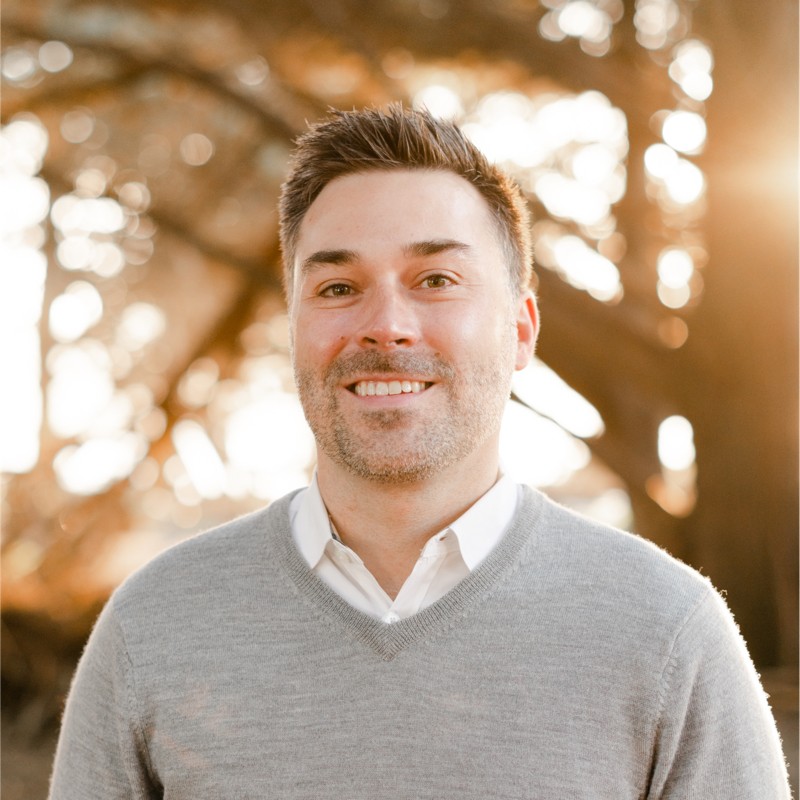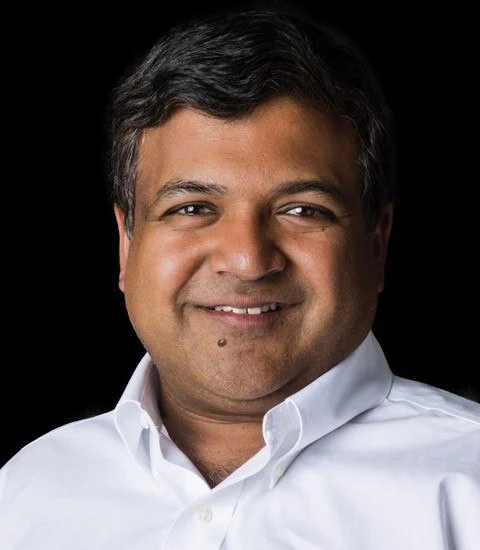
Venture Meets Mission
New opportunities are emerging as some traditional nonprofit founders are realizing that to have scalable impact, they must redefine themselves as for-profit ventures to attract the requisite capital and talent, and go from “doing good work” to “transforming industries.”
One such example is Iora Health, a health care company that redesigned primary care to allow patients to better manage their health and navigate the healthcare system. With an idea to tackle the existing barriers and excuses that linger in the healthcare system, Dr. Rushika Fernandopulle cofounded Iora Health in the Boston Area in 2010.
“When I set out to build an organization to transform primary care, I initially thought that as a mission-driven organization, we needed to be a nonprofit,” says Fernandopulle. “So I went to all the usual nonprofit funders and I learned quickly that they were willing to fund studying the problem, but not actually building solutions. I realized that it would take a lot of work to raise tens of thousands of dollars, and I needed a lot more (it turned out we raised over $350 million), and that I needed sustained funding over a decade (really took over eighteen years), and nonprofit funders unfortunately would move on to the next priority too soon even if Iora was successful. So, eventually, I decided it was best to harness capitalism to fund social change by being a for-profit…and it worked.”
Iora focused on patients over the age of sixty-five years who do not have easy access to the healthcare system, and linked each patient with a personal physician and/or health coach. The company used technology to keep the patient and provider in close contact, whether by email, text, or video, in addition to the traditional in-office visits. To keep patients on track with their health goals, it also provided educational offerings and group sessions. Iora was able to use their private-sector capabilities to solve a key public-sector problem. The company’s market success led One Medical to acquire it for $2.1 billion in 2021.
Attractive markets and societal needs are increasingly leading to the creation of mission-driven ventures, where a tighter coupling between purpose and profit is a winning proposition.
Venture Meets Mission
How has your journey in public service elevated your career? In what ways has it enhanced your perspective on life? We invite you to share your story with us and join our Venture Meets Mission community.

